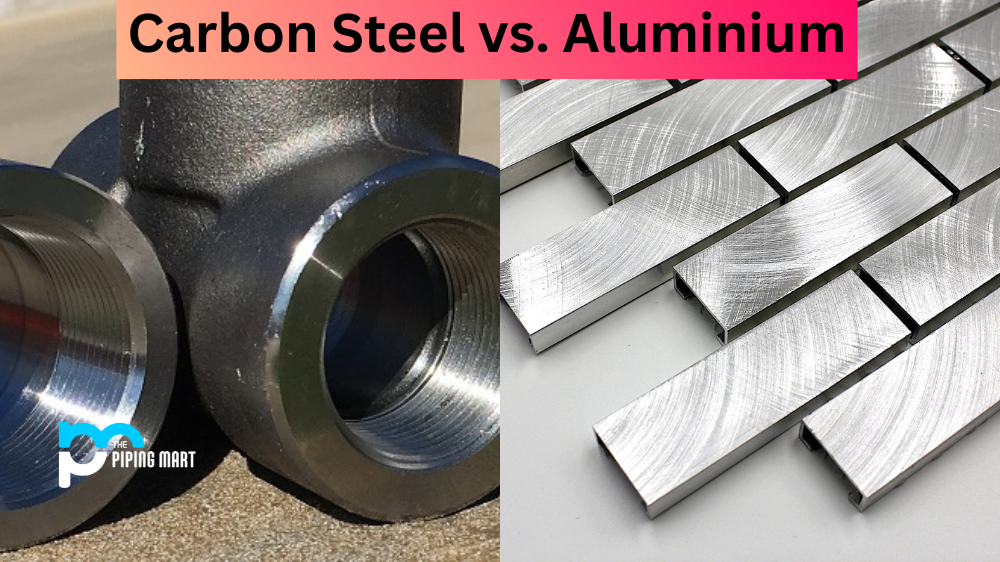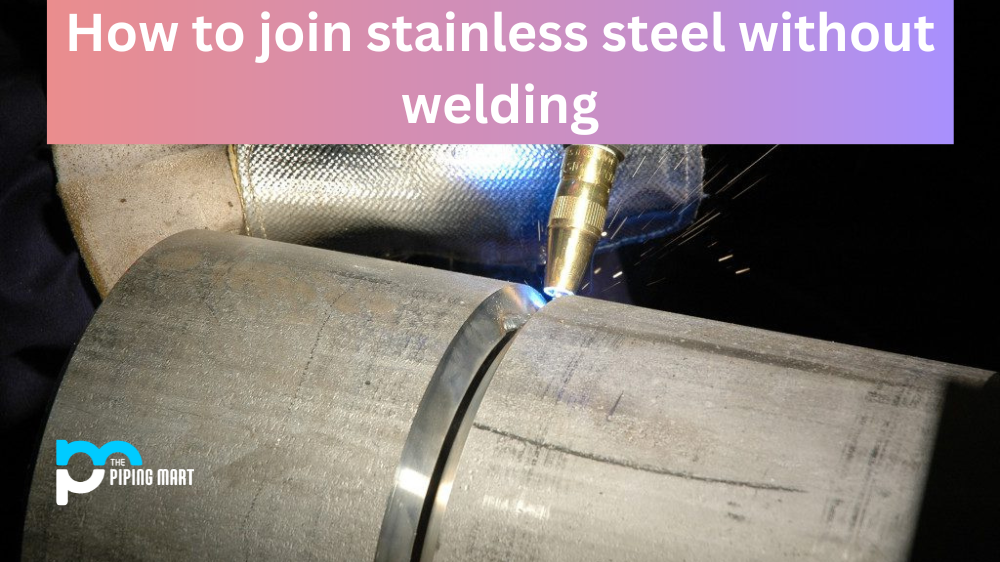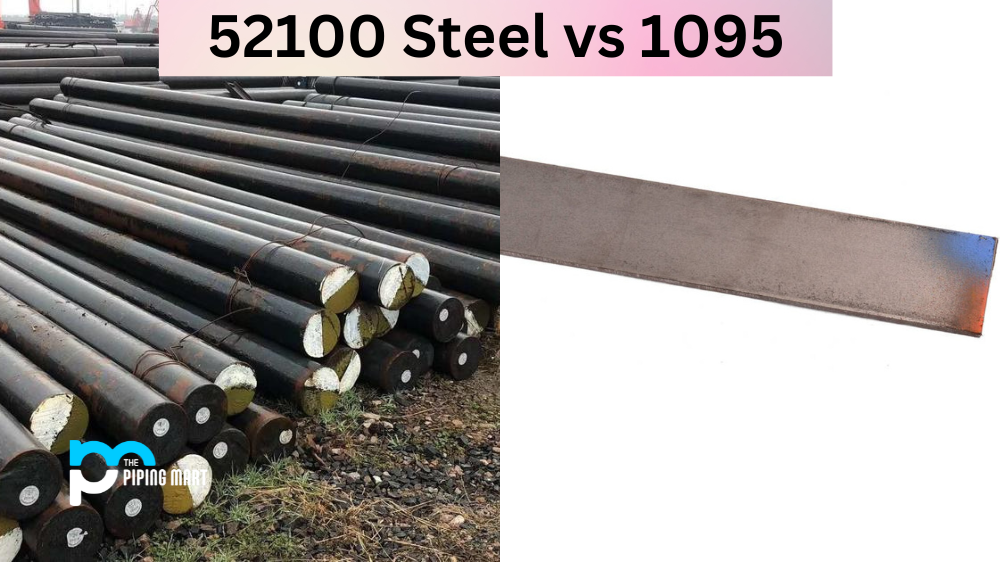If you’re in the market for a new metal product, you may be wondering what the difference is between carbon steel and aluminum. While both materials are incredibly useful, each one has its own unique properties which make them better suited for certain applications. In this blog post, we’ll be taking an in-depth look at the differences between these two metals so you can make an informed decision when it comes to your next project.
Properties
The first thing to consider when comparing carbon steel and aluminum is their respective properties. Carbon steel is a type of iron alloy that contains carbon and other elements such as manganese and silicon. It’s often used in construction due to its high tensile strength and low cost relative to other materials. Aluminum, on the other hand, is a light metal that offers good corrosion resistance and electrical conductivity at a lower cost than steel.
Cost
The cost of these two metals also varies greatly depending on their respective qualities. Carbon steel tends to be cheaper than aluminum thanks to its abundance in nature, but it may not always be the best choice depending on your application needs. Aluminium is typically more expensive than carbon steel but can offer better performance at higher temperatures or under extreme stress conditions for a longer period of time..
Density & Conductivity
The density of carbon steel and aluminium also differ significantly; aluminium has 1/3 the density of carbon steel, making it much lighter but also less durable in terms of strength-to-weight ratio. Additionally, aluminium has much higher electrical conductivity than carbon steel; this makes it preferable for applications where electrical components need to be shielded from outside interference or electromagnetic radiation sources. Lastly, aluminium has greater thermal conductivity than carbon steel; this makes it an ideal material for heat exchangers or cooling systems where fast transfer rates are required.
Strength
When it comes to strength, carbon steel tends to have higher tensile strength than aluminium; however, this does not necessarily make it superior for all applications since increased weight can also lead to increased strain on supporting structures or components over time. Aluminium still offers good tensile strength while being much lighter, making it ideal for projects where weight is critical such as aircraft construction or automotive chassis design.
Conclusion:
With all that said, there isn’t one single material that will work best in every situation; each one comes with its own advantages and disadvantages depending on what kind of application you’re looking for. When comparing carbon steel vs aluminum properties like cost, density & conductivity, heat conductivity & strength – keep in mind your overall goals and find the material that will best suit your specific needs! No matter which material you choose though – with proper care and maintenance they should both last you many years down the road!

Pipingmart is a B2B portal that specializes in metal, industrial and piping items. Additionally, we share the latest information and information about materials, products and various types of grades to assist businesses that are involved in this business.




